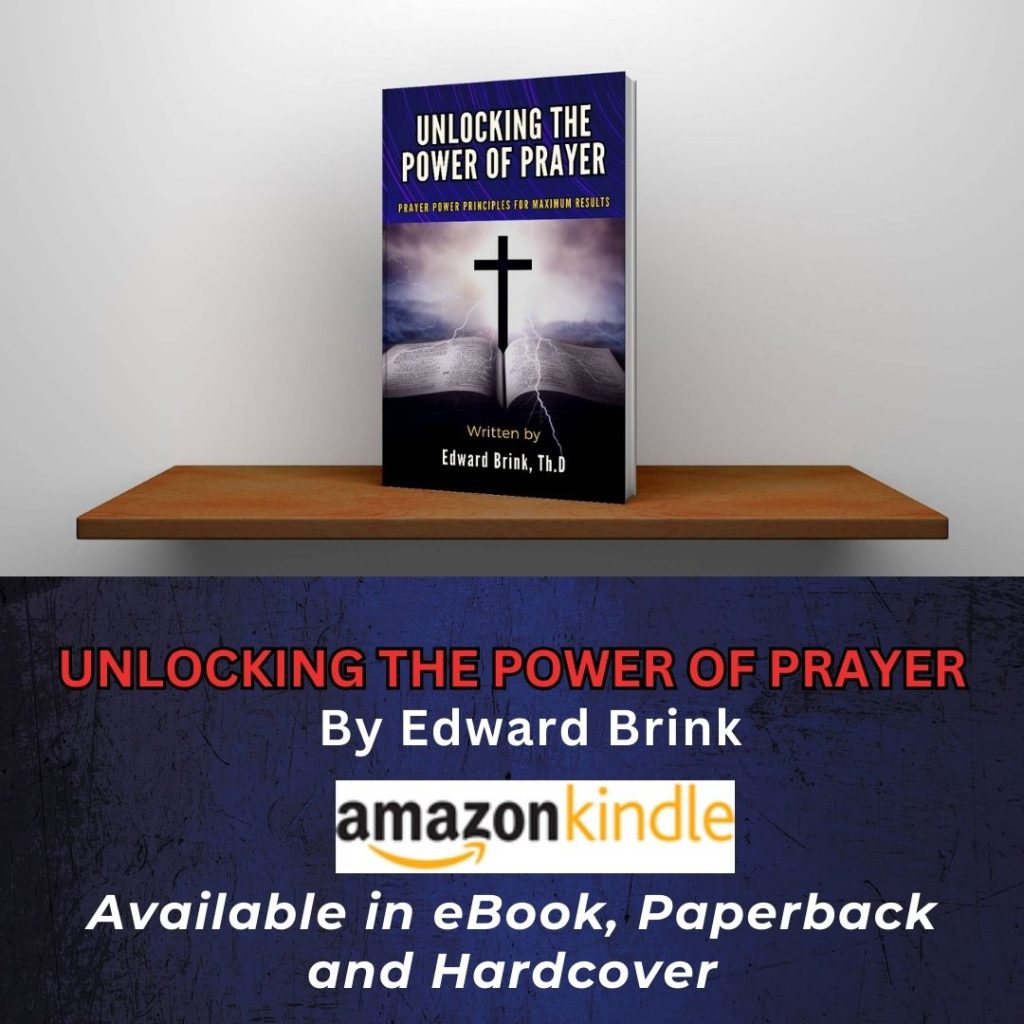Prayer is not a religious form

Prayer is not a religious form.
Prayer, as emphasized in Luke 18:9-14, is not a mere religious formality or an outward display. It transcends the physical gestures, such as the position of your head or the folding of your hands—it delves into the very posture of your heart. It’s not about putting on a religious facade with a melodious voice; it’s the raw and sincere cry emanating from the depths of your being. Prayer is not a performance aimed at impressing others; rather, it is a sacred communion designed to touch the heart of God.
The parable Jesus shared speaks directly to those who trusted in their self-righteousness and looked down upon others. In this story of two men praying in the temple, one a Pharisee and the other a tax collector, Jesus vividly illustrates the stark contrast in their approach to prayer.
The Pharisee, standing proudly, thanks God for his perceived moral superiority. He lists his righteous deeds, fasting twice a week, and tithing meticulously. On the other hand, the tax collector, aware of his own sinfulness, stands at a distance, unable to lift his eyes to heaven. With a contrite heart, he beats his breast and pleads, “God, be merciful to me, a sinner!”
The profound lesson from this parable is clear: the tax collector, in his humility and acknowledgment of his need for God’s mercy, goes home justified. In contrast, the self-righteous Pharisee, who exalted himself, is humbled. This aligns with the timeless wisdom found in Proverbs 16:18, “Pride goeth before destruction, and an haughty spirit before a fall.”
Furthermore, let’s reflect on James 4:10, which echoes the sentiment of Luke 18:14, “Humble yourselves in the sight of the Lord, and he shall lift you up.” Humility in prayer opens the door to God’s exaltation, while prideful self-righteousness leads to a fall.
Lastly, consider Philippians 2:3-4, “Let nothing be done through strife or vainglory; but in lowliness of mind let each esteem other better than themselves. Look not every man on his own things, but every man also on the things of others.” These verses encourage us to approach prayer and life with humility, considering others more highly than ourselves and seeking the well-being of those around us. Prayer is not a religious form.

